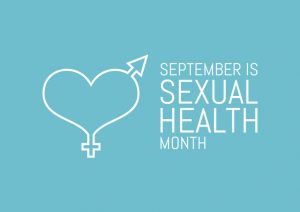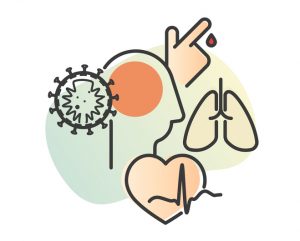 Popular social media sites such as Instagram and TikTok often give rise to a variety of health and wellness trends. However, many of these trends offer questionable medical benefits and, in some cases, can lead to harmful consequences. Three recent examples of these trends include dry scooping, sunscreen contouring, and cooking chicken in NyQuil.
Popular social media sites such as Instagram and TikTok often give rise to a variety of health and wellness trends. However, many of these trends offer questionable medical benefits and, in some cases, can lead to harmful consequences. Three recent examples of these trends include dry scooping, sunscreen contouring, and cooking chicken in NyQuil.
Dry scooping involves eating pre-workout powders with high volumes of ingredients such as caffeine, creatine, and beta-alanine without mixing them into a liquid. This practice has gained traction over the past year among online fitness communities and influencers, as it’s believed to increase the body’s absorption of the compounds in a powder and allow a person to exercise at increased intensity.
You may, however, find yourself unable to swallow the powder due to its texture and accidentally inhale it, causing inflammation in your throat and nasal passages as well as potentially infecting your lungs. Additionally, this method of ingesting the powder introduces a large amount of caffeine into your body more quickly than drinking it in liquid form, increasing your risk of heart problems. Dry scooping also increases your risk of suffering from digestive issues.
Sunscreen contouring is another dangerous trend that’s emerged through social media this year. It involves applying sunscreen to the high points of your face and staying in the sun to allow tan lines to form and produce a contoured effect.
The primary danger of this trend is that it significantly increases your risk of receiving sunburrns and developing skin cancer. Cumulative ultraviolet (UV) radiation from the sun over time can cause basal cell and squamous cell skin cancers to form. Sunburns, particularly severe ones that cause blistering, can also become melanoma later in life.
NyQuil chicken recently re-emerged as a TikTok trend after first appearing several years ago on the popular website Reddit. It involves cooking chicken in the cold medicine NyQuil.
As the chicken is cooked and the NyQuil boils in the pan, certain compounds evaporate, leaving behind a concentrated amount of other ingredients that may cause toxic side-effects such as seizures, liver disease, and even death.
Avoid these trends and do what you can to prevent family members and friends, particularly young people who may be more vulnerable to them, from attempting them.
If you experience immediate adverse effects from these practices, dial 9-1-1 and get help immediately. If you’re concerned about cumulative effects from these trends, please schedule an appointment at Flushing Hospital Medical Center’s Ambulatory Care Center by calling (718) 670-5486.
All content of this newsletter is intended for general information purposes only and is not intended or implied to be a substitute for professional medical advice, diagnosis or treatment. Please consult a medical professional before adopting any of the suggestions on this page. You must never disregard professional medical advice or delay seeking medical treatment based upon any content of this newsletter. PROMPTLY CONSULT YOUR PHYSICIAN OR CALL 911 IF YOU BELIEVE YOU HAVE A MEDICAL EMERGENCY.
 Fall has arrived and we would like to share a recipe from allrecipes using applesauce as one of the ingredients. It is easy to make and everyone will enjoy it. https://www.allrecipes.com/recipe/17683/spiced-applesauce-bread/
Fall has arrived and we would like to share a recipe from allrecipes using applesauce as one of the ingredients. It is easy to make and everyone will enjoy it. https://www.allrecipes.com/recipe/17683/spiced-applesauce-bread/








